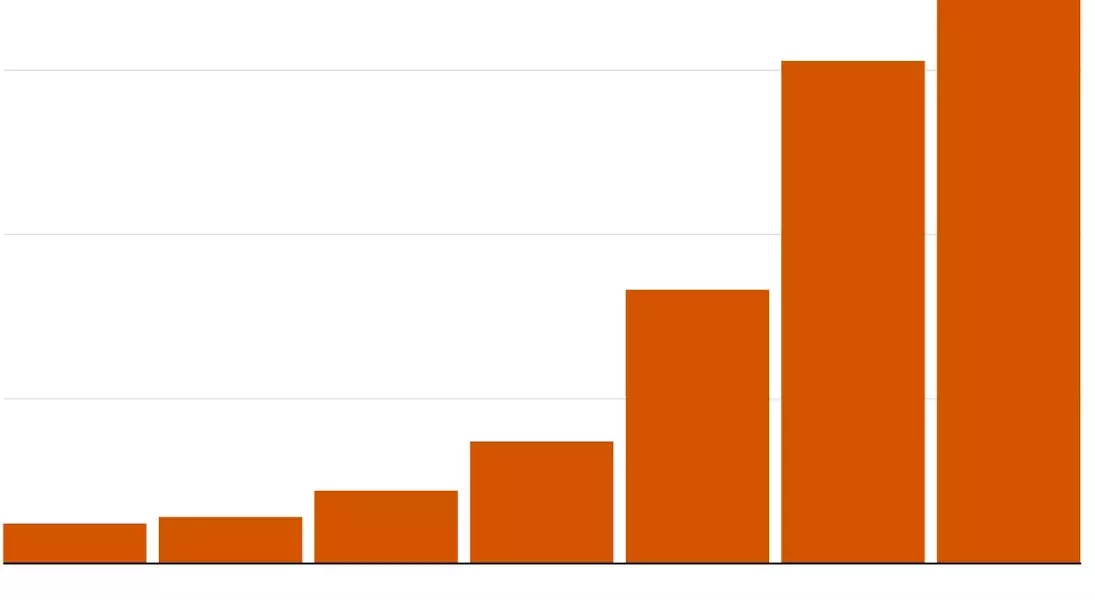



In an ongoing debate surrounding fairness in higher education, recent directives from the Trump administration to institutions like Columbia and Brown, mandating the public release of anonymized applicant data, including test scores, GPAs, and racial demographics, aim to champion a merit-only admissions process. However, this initiative inadvertently underscores the pervasive influence of socioeconomic status on access to elite colleges. Affluent families, investing substantially in their children's educational development from an early age, often equip them with superior academic credentials, making wealth a silent yet potent determinant in competitive admissions. Critics argue that a heightened emphasis on standardized metrics, without accounting for the profound impact of financial background, risks solidifying existing disparities rather than fostering genuine equity in the collegiate landscape.
The emphasis on standardized tests and grade point averages as primary admission criteria, while seemingly objective, risks exacerbating the existing disparities rooted in socioeconomic status. Experts in college admissions counseling highlight that families with substantial financial resources can invest heavily in strategic guidance, test preparation, and enriched educational experiences, which are largely inaccessible to students from lower and middle-income backgrounds. This creates an uneven playing field where academic metrics, rather than reflecting inherent potential, often mirror the extent of a family's investment in education. As such, a narrow focus on these scores, without considering the broader context of an applicant's opportunities and circumstances, may inadvertently solidify the advantages of the wealthy, undermining efforts to promote diversity and equal opportunity.
A comprehensive study meticulously analyzed data spanning from 1999 to 2015, encompassing test scores and parental income tax records for a vast majority of U.S. college students. The findings unequivocally demonstrated a significant admissions advantage for applicants from affluent backgrounds, even when compared to their peers who achieved identical standardized test scores. This disparity was attributed to several factors embedded within the admissions practices of Ivy League institutions. Specifically, colleges disproportionately favored applicants who were athletes, legacies (children of alumni), or graduates of private, non-religious high schools. These preferences, while ostensibly neutral, predominantly benefit wealthier, often white, students, thereby perpetuating a cycle of privilege in elite higher education.
Furthermore, the study revealed a stark correlation between parental income and standardized test performance. Children from the top 1 percent of earners were found to be thirteen times more likely to achieve scores of 1300 or higher on standardized tests compared to those from the bottom 20 percent. This chasm in test performance is not merely a reflection of individual ability but is deeply rooted in the vast differences in educational environments and opportunities available to children across different socioeconomic strata. Affluent families can afford to send their children to resource-rich schools, provide private tutoring, and offer extensive extracurricular engagement, all of which contribute to higher academic achievement. Conversely, children from less privileged backgrounds often attend underfunded schools and face additional stressors, limiting their access to similar preparatory resources.
While proponents argue that prioritizing high test scores might lead to a more academically prepared student body, this approach often overlooks the broader mission of higher education, which includes fostering social mobility and addressing systemic inequalities. A holistic review process, which considers an applicant's achievements within the context of their available opportunities and their potential for growth, is critical. For instance, a student from a disadvantaged background who achieves a lower test score might still demonstrate exceptional potential given their challenges. Ignoring such nuances in favor of raw scores could inadvertently exclude talented individuals from underrepresented groups, including rural students and first-generation college applicants, further narrowing the diversity of the student body. The implicit pressure on institutions to publish detailed data on test scores by race, as per the administration's demands, complicates the narrative around holistic admissions, making it challenging for colleges to justify nuanced decisions that prioritize potential and contextual achievement over absolute scores.
The discourse surrounding college admissions remains complex, highlighting the persistent tension between meritocratic ideals and the realities of socioeconomic influence. Achieving a truly equitable system requires a nuanced approach that transcends mere test scores, acknowledging the multifaceted pathways to success and the imperative to cultivate diverse and inclusive learning environments. This involves not only re-evaluating the weight given to standardized tests but also actively addressing the underlying societal inequalities that shape educational opportunities from an early age, thereby ensuring that access to elite institutions is a reflection of true potential rather than inherited advantage.
